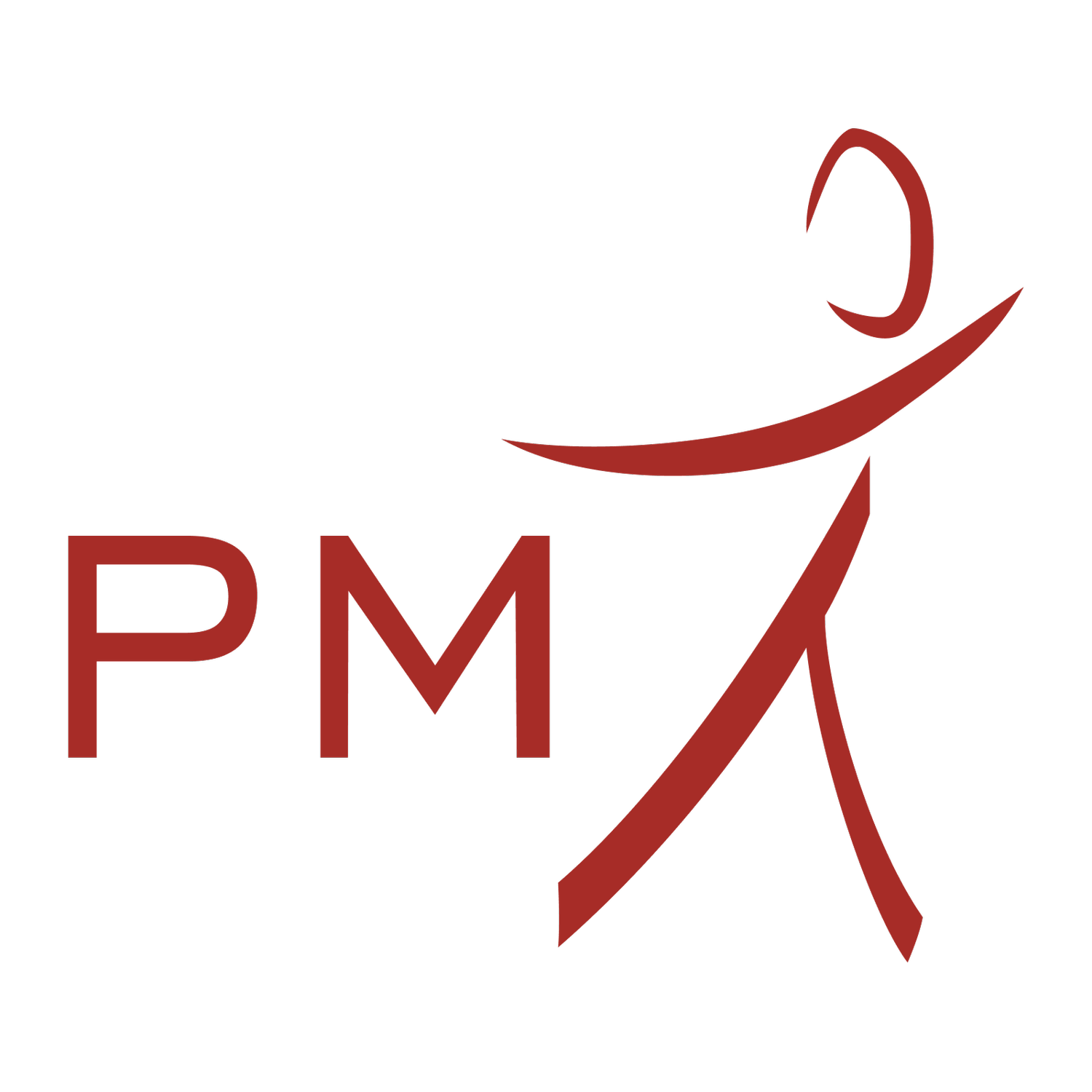
Frequently Asked Questions
Physiotherapy
-
Physiotherapy is a healthcare profession that focuses on helping people recover from physical injuries and conditions. It helps by providing treatment that promotes healing, reduces pain and improves movement and function.
There are different specialist fields in physiotherapy ranging from orthopaedics (bones, joints, soft tissues), women’s health (pre/post-natal care, pelvic health, menopause related health), men’s health (pelvic health) to cancer and lymphedema management.
-
Yes, physiotherapy can manage chronic pain through a variety of treatments including manual therapy, exercise, pain management strategies and education. It is important that treatment is personalised to each individual and their injury.
-
Manual therapy is a hands-on approach to treatment. It differs from other physiotherapy treatments such as exercise therapy in that it involves joint mobilisation, manipulation and soft tissue release techniques and dry needling.
-
Physiotherapy and chiropractic care are both healthcare professions that aim to provide physical health. However, physiotherapy tends to take a more comprehensive approach to treatment using a range of modalities from manual therapy, exercise programs, ergonomic advice, lifestyle modifications and education to empower patients for self management of their physical health. In general, chiropractic care focuses mostly on spinal manipulation as the focus of treatment.
-
No, physiotherapy can be beneficial for people of all ages from infants to seniors.
Conditions
-
Yes, physiotherapy can help with sports injuries by providing treatment that promotes healing, reduces pain, and restores function.
-
Yes. Firstly, it is important to establish the cause of imbalance and incoordination through a thorough assessment. Once a diagnosis is made, physiotherapy can help by providing treatment that improves strength, flexibility and proprioception (body awareness of position and movement).
-
Yes, physiotherapy can help with pelvic floor dysfunction in both women and men. We first assess what is causing the dysfunction through examination or ultrasonography. Then treatment and exercises will be recommended depending on where the pain or discomfort originates from.
This can include functional training, progressing to strength-based exercises that target pelvic floor and abdominal muscles and improve bladder and bowel function.
-
Complete decongestive therapy (CDT) is a specialised treatment for lymphedema that involves manual lymphatic drainage, compression garments, exercise and skin care. It can help reduce swelling from the lymphedema and improve overall function.
-
Yes, physiotherapy are experts with exercise rehabilitation, pain management and manual therapy required to help with post-surgical recovery. Treatment will promote healing, reduce pain and restore function to optimal levels.
-
Yes, physiotherapy can help with vertigo and dizziness depending on the causes. If it is caused by benign paroxysmal positional vertigo (BPPV), physiotherapists will perform specialised movements to solve this problem. If the causes of vertigo and dizziness are from other regions of the musculoskeletal system, we will use a variety of techniques to address this issue.
-
Yes, Panda Li and the team at PhysioMotion are able to assess the causes of mastitis and treat blocked ducts that are often the cause of mastitis. This will involve a detailed breast feeding history, use of lymphatic drainage techniques, manual therapy, patient education and ultrasound amongst other modalities.
Before your first appointment
-
During a physiotherapy session the Physiotherapist will assess your condition, form a diagnosis and develop a treatment plan. This process will be thoroughly explained to you. Treatment may include exercises, manual therapy, dry needling, ergonomic assessments, lifestyle modifications and other techniques relevant to your problem.
-
The number of sessions you need will depend on your condition and individual circumstances. Your therapist will discuss this with you during your initial consultation.
-
Comfortable clothing such as shorts and T-shirts is recommended for PhysioMotion appointments. Alternatively, we will provide clothing for you.
-
Whilst our Physiotherapists do not require you have a referral, you will need to check if your insurance policy requires one.
-
Physiotherapy is often covered by health insurance. However, this will depend on your plan. You should check with your insurance provider to determine your coverage.
-
You should wear comfortable clothing. Be prepared to discuss your medical history, current symptoms and any events that you think may be related to your problem. Where possible, bring any results of any medical investigations related to your problem including a list of medications that you are taking.

